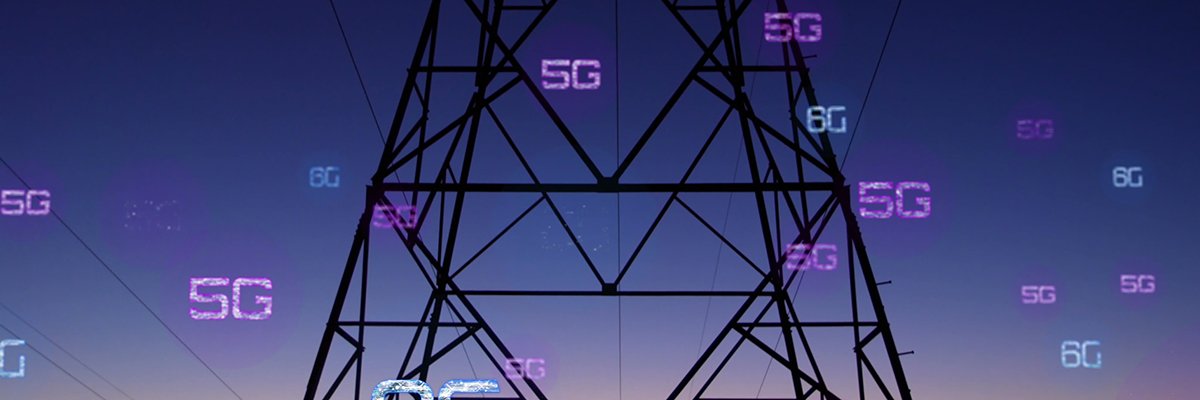The next 12 months will see datacentres confront energy use from the rapid uptake of generative AI (GenAI), with the technical limits of mobile device stretched and even the gender gap in adoption of the generative technology closing rapidly, according to the Deloitte 2025 predictions report.
At its heart, the report expects 2025 to be a pivotal gap year for GenAI and the technology, media and telecommunications (TMT) sector as a whole, encompassing what the analyst said would be technical challenges for the industry to societal imperatives.
It advised that by addressing challenges in infrastructure, gender equity, energy consumption, trust and capabilities, the TMT industry was poised for “a significant leap forward and that could determine the future of Al’s legacy”.
Among the specific predictions that the management consultancy made specific to the communications sector was that wireless telecom mergers and acquisitions would likely rise, especially in Europe, beginning in 2025 and continuing, creating what it said would be a more viable and sustainable wireless ecosystem, especially in smaller markets.
Assessing enterprise communications, the report predicted that half of global enterprises will invest in on-premise AI infrastructure by 2025, enhancing data security, lowering latency, and reducing reliance on cloud services. In addition, it expected the global market for edge AI hardware is to exceed $100bn by 2025, fuelled by the rising demand for AI-driven devices and apps that will offer greater control over data security.
The report also looked at the expanding 5G market and the 6G arena, which is in development. While leading operators globally and across Europe have spent the past two years or so rolling out 5G standalone networks, Deloitte predicted that 5G Standalone (SA) networks’ challenges in terms of adoption and monetisation would see telcos slow down their investments in 5G SA, which could potentially delay the development and deployment of 6G, expected by the end of the decade.
Yet it added that global development of business and operations support systems (B/OSS) systems could unlock the full potential of 5G in a market valued at $70bn 2025, up from $63bn in 2023, representing an annual growth rate of 5%. This, said the analyst, was part of a drive by telcos to modernise their B/OSS systems to improve efficiency and enable “innovative” services.
Contrary to popular opinion, Deloitte predicts that global fixed wireless access (FWA) adoption may grow over the course of 2025 and 2026, rising by about 20% each year. The analyst noted that FWA offers “significant” potential through 5G, and this growth pressures traditional broadband providers, such as cable and DSL, that may face subscriber losses and pricing challenges.










